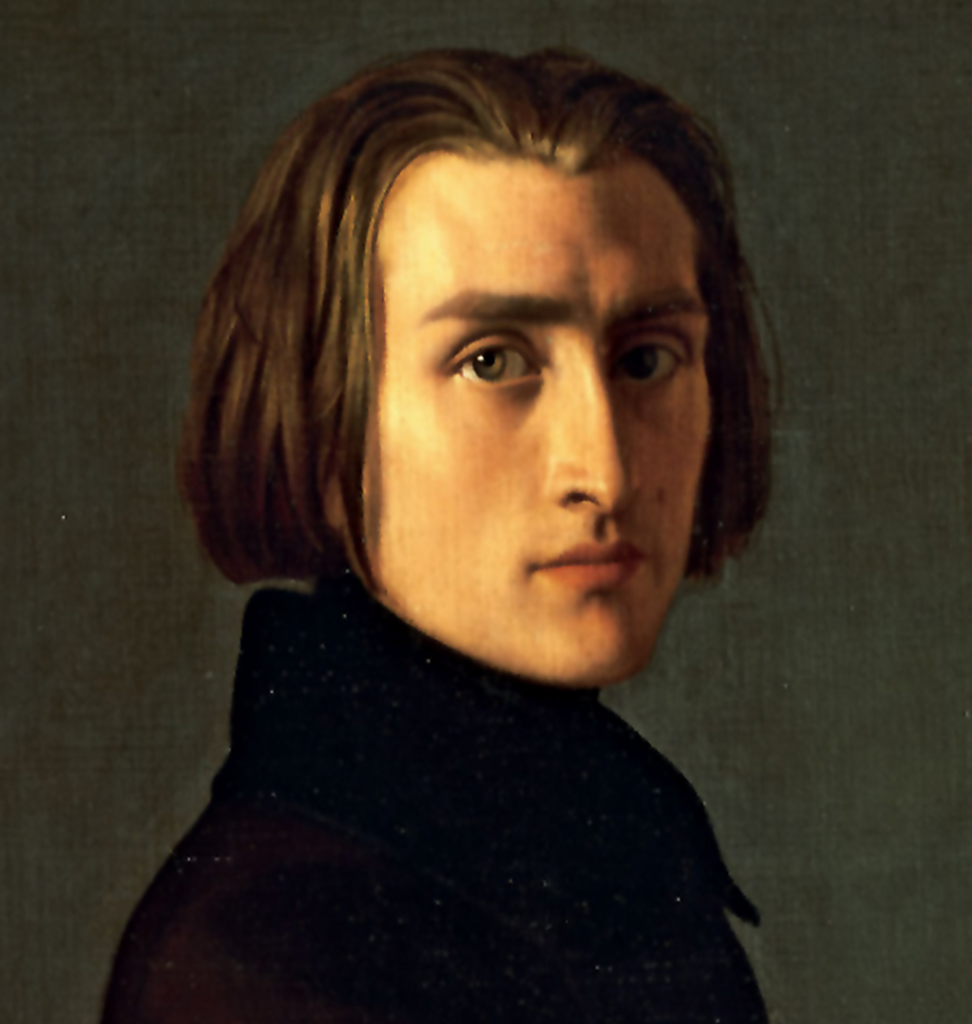
Franz Liszt is often cited as one of the greatest classical music composers. Born in Hungary in 1811, Liszt showed an immense talent for the piano at a young age. At age nine, he gave his first performance in front of an audience, and soon after that, he started touring Europe. Liszt quickly gained a reputation as a virtuoso pianist, and his compositions reflect this skill. Many of his works are extremely challenging, both technically and musically.
Additionally, Liszt was a pioneer in the use of new musical genres. Such as the symphonic poem. In addition to his musical contributions, Liszt was a noted philanthropist. He founded several charitable organizations and actively supported many social causes. Liszt died in 1886, but his music continues to be popular with classical audiences worldwide.
FRANZ LISZT – OVERVIEW
Franz Liszt is considered one of the greatest classical music composers. He was a Hungarian composer and virtuoso pianist. Liszt’s compositions include some of the most technically demanding and popular works in the piano repertoire.
Liszt began his musical training early, studying piano with his father. By age 11, he was giving public concerts. In 1823, he entered the Vienna Conservatory to study composition with Antonio Salieri and Carl Maria von Weber. After a brief stay in Hungary, where he gave several successful concerts, Liszt returned to Vienna.
In 1826, Liszt moved to Paris, where he met and befriended Frederic Chopin. He also became acquainted with other leading musicians of the day, including Hector Berlioz, Franz Schubert, and Felix Mendelssohn. Liszt quickly established himself as one of the finest pianists in Europe. His virtuosic talents were particularly well-suited to the new style of Romantic music that was emerging in the early 19th century.
Liszt’s compositional output includes works for solo piano, chamber music, symphonic poems, sacred choral works, and operas. Among his best-known pieces are “Hungarian Rhapsodies,” “Mephisto Waltz,” “Piano Concerto No. 1,” and “Liebestraum.”
FRANZ LISZT – EARLY LIFE AND CAREER
Franz Liszt was born in the Hungarian Kingdom’s village of Doborján, then a part of the Austrian Empire. His father, Adam Liszt, was a successful secretary to Prince Nikolaus II Esterházy and his mother, Maria Anna Lager, was a homemaker. Franz had an older sister named Blandina and two younger brothers: Karl (who died young) and Georg (who also became a composer).
Liszt showed great promise as a child pianist, and he gave his first public performance at the age of nine. Liszt’s father took him to Vienna to study under Carl Czerny, an acclaimed piano pedagogue. Adam died unexpectedly the following year, and Franz was forced to financially support himself and his family. He did this by giving piano lessons and performing in various venues around Vienna.
In 1839, Liszt made his virtuoso debut in Paris with a series of solo piano recitals so well-received that he quickly became one of Europe’s most celebrated concert pianists. He toured extensively throughout the 1840s and 1850s, performing not only in Europe but also in Russia and North America. He wrote several of his most well-known piano compositions during this time, including the “Hungarian Rhapsodies” and “Années de pè.
FRANZ LISZT – LATER LIFE AND CAREER
Liszt’s later years were marked by poor health, although he continued to compose and perform until his death. He also became increasingly involved in charitable work, particularly for the benefit of Hungarian musicians and composers. Liszt died in Bayreuth, Germany, on July 31, 1886, at 74.
Liszt’s legacy as a composer and pianist is secure. His music was popular during his lifetime and continues to be performed and recorded today. He influenced other composers, including Richard Wagner, Claude Debussy, and Sergei Rachmaninoff. His work also had an important impact on the development of popular music, particularly jazz.
FRANZ LISZT – MUSIC
During the Romantic era, Franz Liszt was a talented pianist and composer from Hungary. one of history’s finest classical composers, in the opinion of many.
Liszt was born in Hungary in 1811. Early on, he showed musical talent. and started giving public piano performances when he was only nine years old. Liszt studied at the Vienna Conservatory and spent several years touring Europe as a piano virtuoso.
In 1847, Liszt settled in Weimar, Germany, where he became court conductor and Kapellmeister to the grand duke of Saxe-Weimar. During this period, Liszt composed some of his most famous works, including his symphonic poems and piano concertos.
Liszt continued to tour throughout his life, giving concerts and teaching masterclasses until he died in 1886.
FRANZ LISZT – LEGACY
Franz Liszt is considered one of the greatest classical music composers. His legacy extends beyond his musical compositions to his teaching, influencing many future generations of musicians. In addition, Liszt was a major figure in developing the modern piano technique. His innovative concepts and techniques transformed the instrument and paved the way for the great pianists who followed him.
